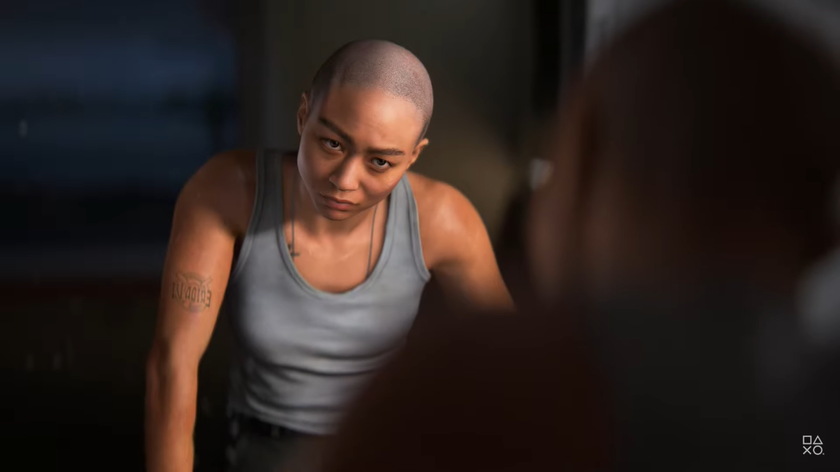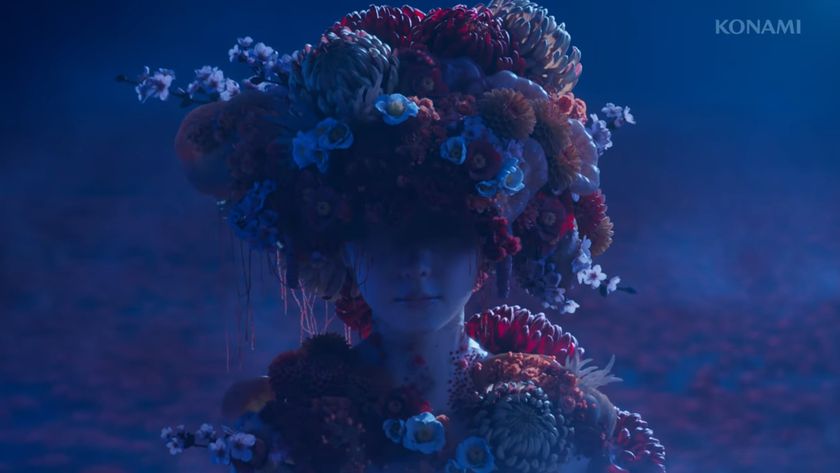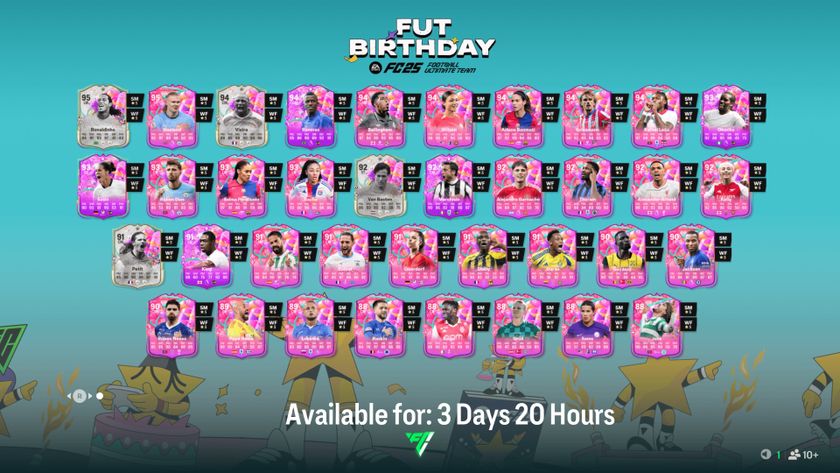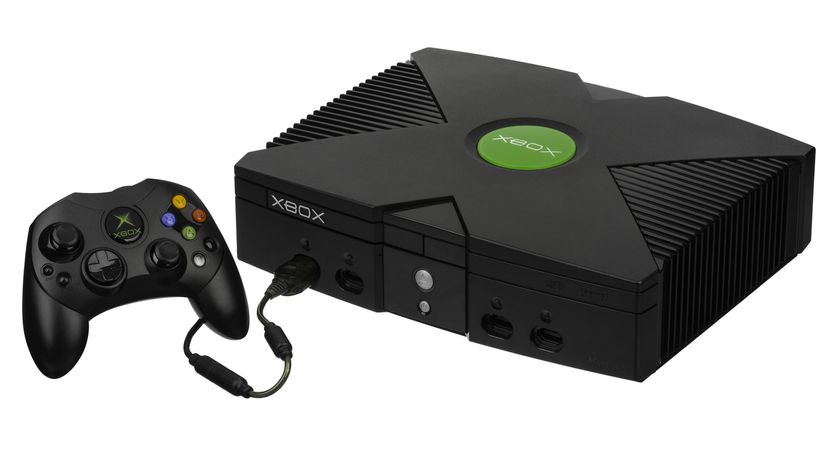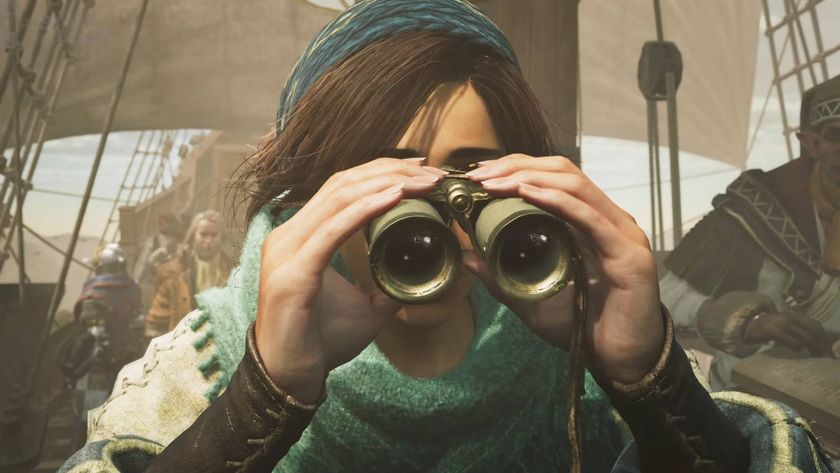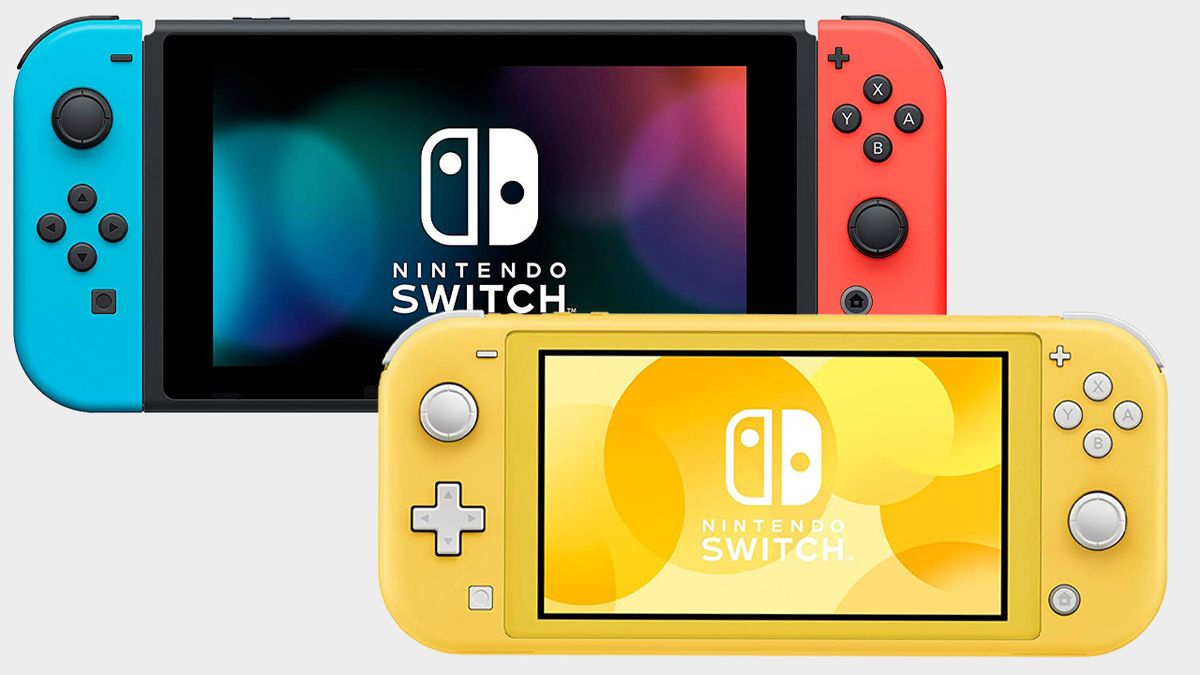
The all-conquering Nintendo of the Wii-era is back. After the Wii U wilderness years, the recent slate of games for every audience proves that Nintendo has its mojo back. There's Animal Crossing: New Horizons, which has been a long time coming for Nintendo die-hards, and seems certain to offer the same relaxing break from (and simulation of) real life that has made the series so beloved.
Then there's Dr. Kawashima’s Brain Training, which quietly got a UK release in January, and offers a return for a different type of Nintendo icon. It's the type of game that's pitched to a non-typical gaming audience, one which flocked to Wii and DS, yet largely avoided their respective follow-ups in the Wii U and (to a much lesser extent) the 3DS.
While it's hardly a change in approach for Nintendo, which has been catering to both groups for a while, the Switch seems to have managed to get both crowds back under its wing. While it's not all been smooth sailing since the Switch's launch, the home-handheld hybrid has quietly become the console for everyone.
Switch it up
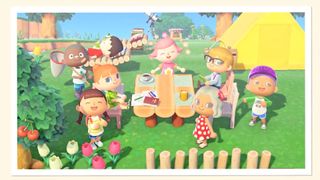
Throughout the Switch's current life, Nintendo has aimed to strike a balance between its dedicated audience – the fans who have been playing since they could hold a pad – to the one it earned with the Wii and DS's innovations. If Zelda: Breath of the Wild, Fire Emblem: Three Houses, Super Smash Bros. Ultimate, and Animal Crossing: New Horizons are like Tanooki nip to the converted, then Ring Fit Adventure, Nintendo Labo, and Brain Training all appeal outside of that core group.
While it could be argued that this strategy proved ineffective for Nintendo on the Wii U, it certainly seems to be working now. The Japanese giant recently released sales figures for the Switch from its launch up to December 31, 2019. The handheld console clocked in at 52.48 million consoles sold over 33 months, an eyebrow-raisingly big figure, especially when compared to the Wii U's lifetime total of 13.56 million. When compared to the 3DS, which has shifted a healthy 75.71 million handhelds since its release in 2011, the pace of the Switch's success becomes especially apparent. It highlights just how quickly the platform has resonated with a wide array of players, and with plenty of life left in the console, that number is only going to grow.
With the console outperforming expectations, it's good to see that core and casual games are also performing well on the platform. Pokemon Sword and Shield sold 16.18 million, Brain Training in the UK sold 15 times better than its 3DS predecessor at launch according to Gamesindustry.biz, while Ring Fit Adventure has sold 2.17 million copies according to Nintendo. All three offered something to each of its vastly different audiences, and yet all achieved sales success in their own right.
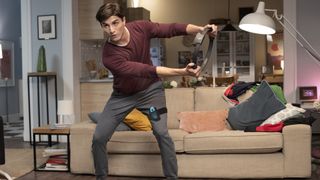
While these indicate just how broad the appeal of the system is, not every experiment has paid off. Nintendo Labo is one of the rare games that could be argued as crossing the casual and hardcore divide. It had a central gimmick that was easy to explain - you build toys out of cardboard to then use with your Switch - but it quickly became apparent that the system offered plenty to committed players, with the VR set letting you play Breath of the Wild and Super Mario Odyssey in an entirely new way.
While the easy jokes about charging a lot of money for cardboard flew thick and fast on Twitter, Labo kits didn't fly off the shelves. It does show how hard this balancing act is for Nintendo. While peripherals aren't exactly the easiest sells in 2020 (no-one likes their precious home space being taken up after all), the success of Ring Fit proves extra accessories aren't harmful to a game's appeal at retail. If Labo is the exception to the sales rule, it at least demonstrates that Nintendo is still looking for ways to appeal to audiences outside of gaming's core players.
Sign up to the 12DOVE Newsletter
Weekly digests, tales from the communities you love, and more
Back home
Okay, that's enough dry numbers. Obviously, there are plenty of reasons that don't involve Tom Nook and Dr. Kawashima's latest for why the Switch has sold well. It launched four years into the current generation, capturing the interest of players who were starting to grow a little familiar with their gaming set-up. On top of that, its novel concept – a console you take on-the-go and play on your home TV – has transformed commutes for plenty. Plus, it's relatively affordable when compared to the PS4 Pro and Xbox One X (and especially their upcoming next-gen successors, the PS5 and Xbox Series X), which, you know, never hurts.
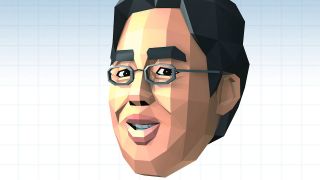
Yet having such a wide variety of games can only be a good thing moving forward, especially ones that bridge divides. Animal Crossing: New Horizons puts a cute face on what is essentially a life simulator, while Brain Training turns logic puzzles into an addictive game, showing that Nintendo is as adept as ever at juggling exclusives that have found different audiences with ease, introducing new ideas to different players. As Sony and Microsoft have focused on wooing traditional players over the last few years, with only the occasional experiments such as Erica, the upcoming Microsoft Flight Simulator, and Concrete Genie that offer appeal outside of the usual blockbusters they specialise in, it has given Nintendo the space to recultivate an audience it once lost.
This success has proved that the ideas behind the games, rather than the console they're on, has captured the imagination of both traditionalists and the on-off crowd. This is not a criticism of Sony and Microsoft moving into the next-gen, as the new consoles will undoubtedly dazzle us all with their sheer power. But, above all else, the Switch's path to widespread popularity proves that there's players out there who want the sort of games you don't need a mountain of teraflops to power.

Ben Tyrer is a freelance games journalist with over ten years experience of writing about games. After graduating from Bournemouth University with a degree in multimedia journalism he's worked for Official PlayStation Magazine as a staff writer and games editor, as well as 12DOVE (hey, that's this website!) as a news editor. He's also contributed to Official Xbox Magazine, Edge, PC Gamer, GamesMaster, PC Games N, and more. His game of the year - no matter the year - is Rocket League.
